Hornets are large, aggressive wasps that pose a significant threat when they establish nests near homes, outdoor gathering areas, or entry points. Known for their painful stings and highly territorial behaviour, hornets become especially dangerous if they feel their nests are at risk. This guide covers how to get rid of hornets, safe and effective hornet nest removal techniques, and best practices for keeping hornets away from your property.
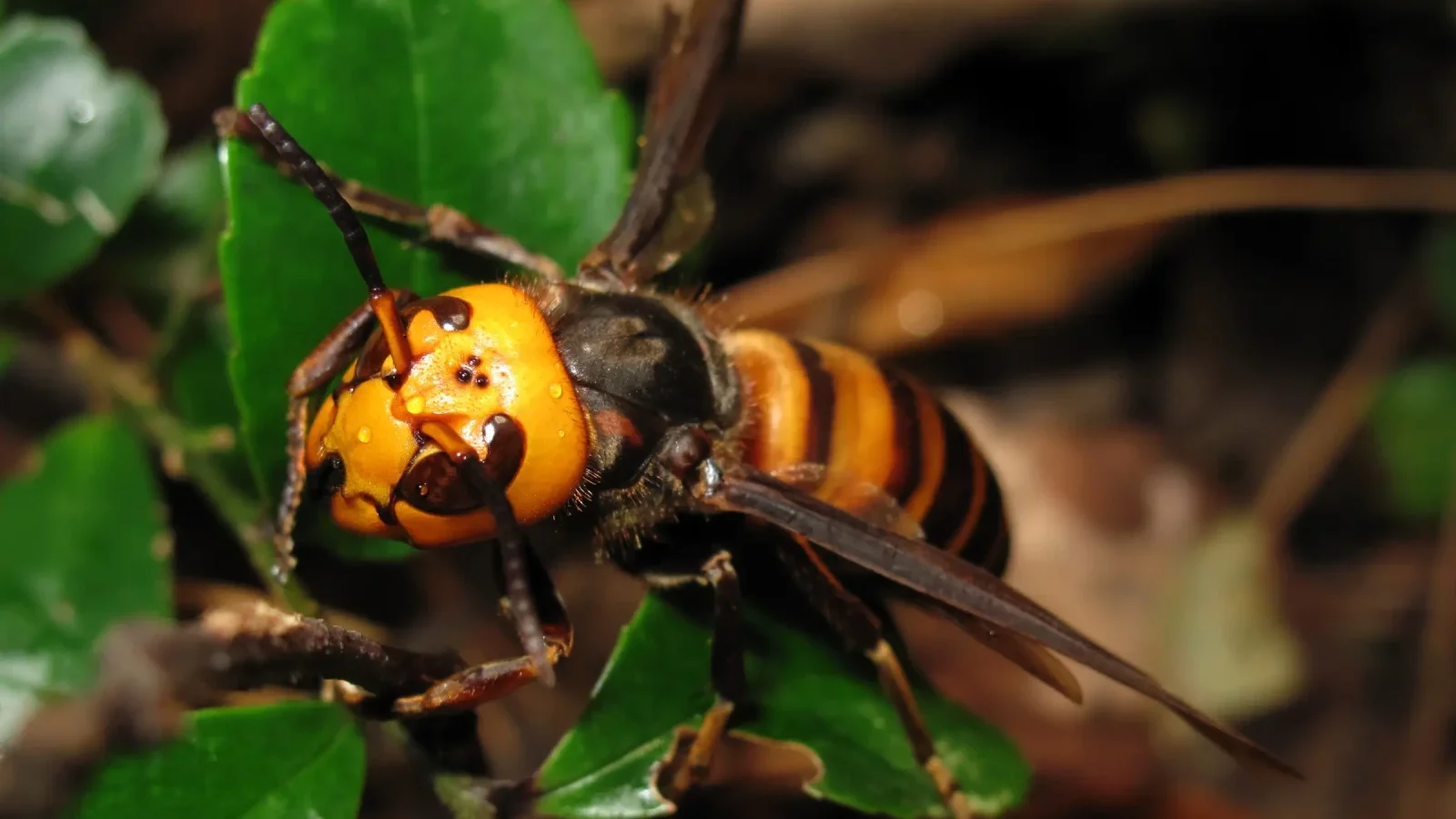 Whether you prefer natural or chemical solutions, these methods can help you get rid of hornets and prevent future infestations. For large or complex issues, remember that a professional pest control service like ours can offer a free estimate to ensure complete, safe hornet removal.
Whether you prefer natural or chemical solutions, these methods can help you get rid of hornets and prevent future infestations. For large or complex issues, remember that a professional pest control service like ours can offer a free estimate to ensure complete, safe hornet removal.
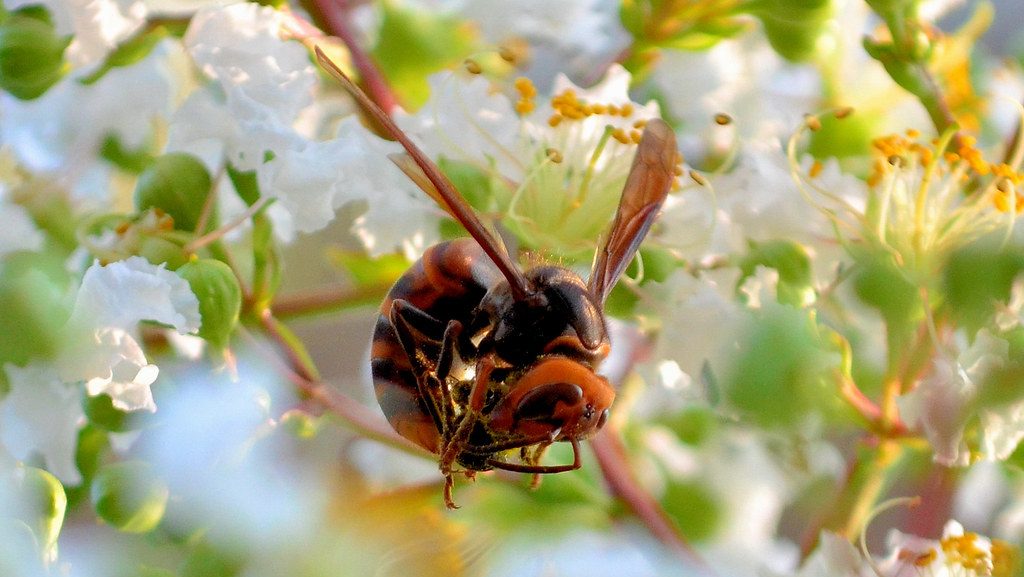

 Natural Hornet Repellent Solutions
If you’re interested in natural solutions for how to repel hornets, several options are available to help discourage hornets from nesting or reduce their activity in specific areas.
Natural Hornet Repellent Solutions
If you’re interested in natural solutions for how to repel hornets, several options are available to help discourage hornets from nesting or reduce their activity in specific areas.
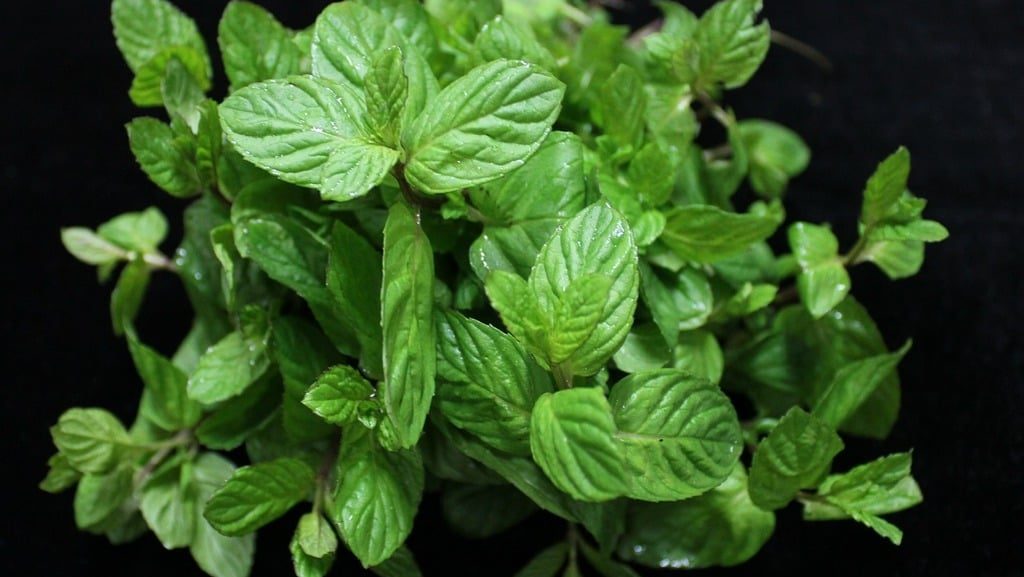
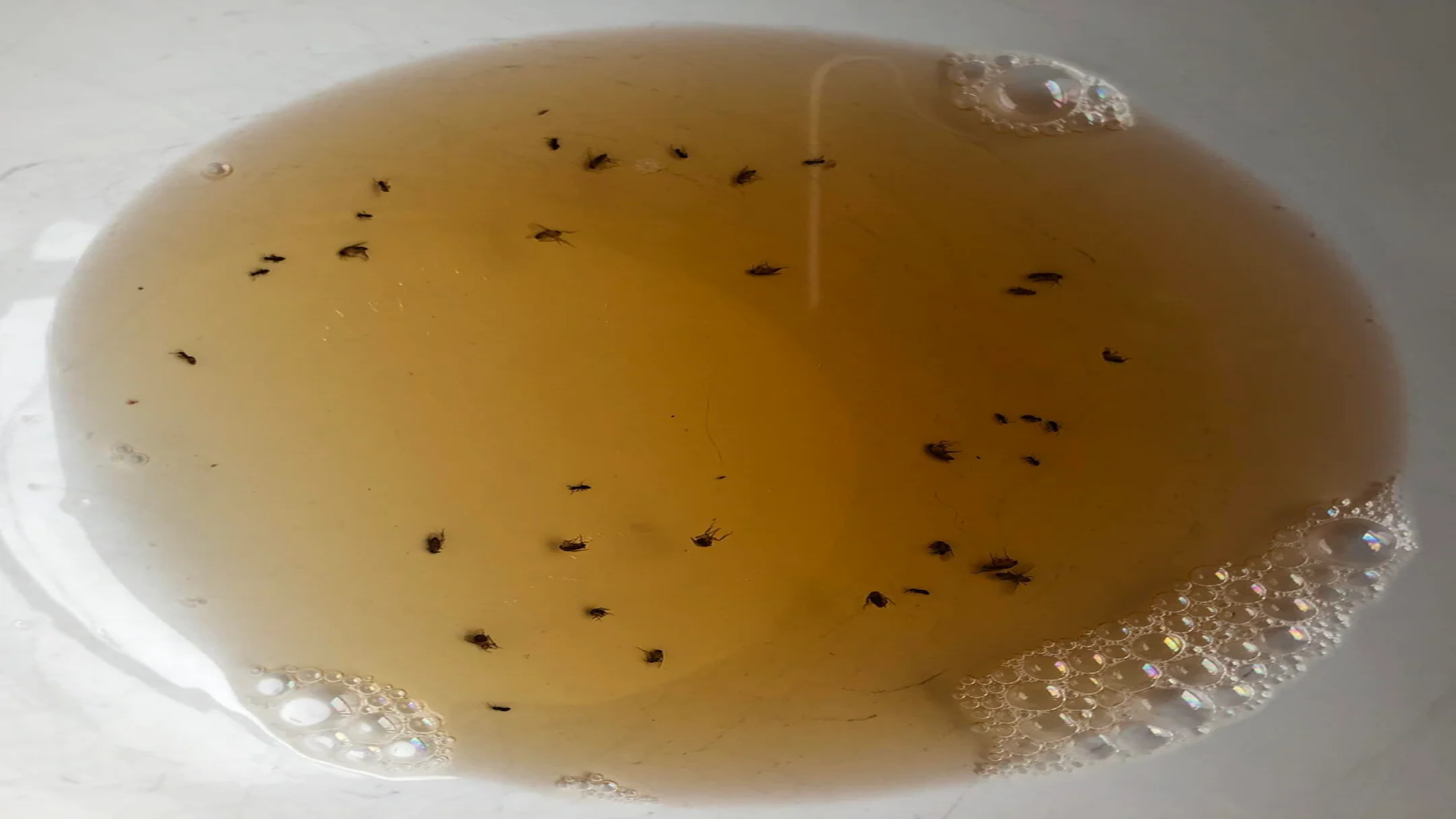
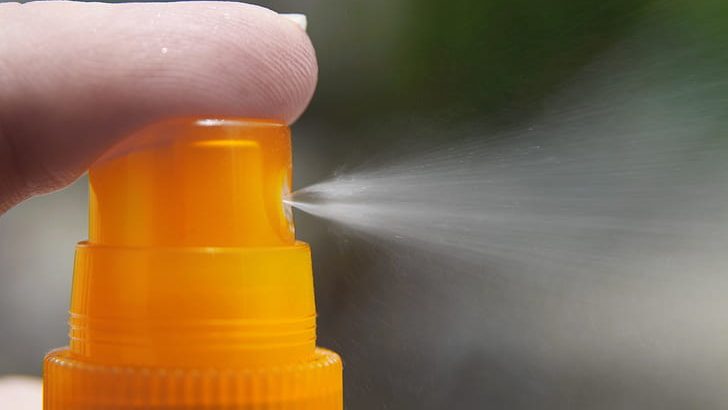
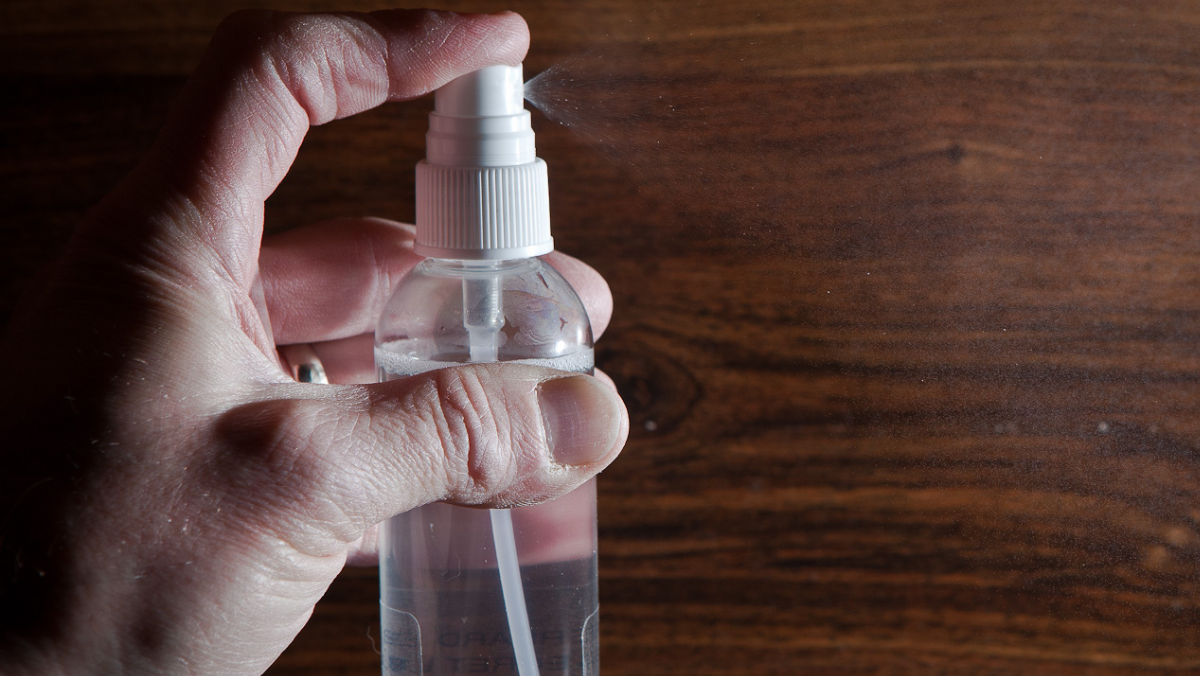 Need an estimate for pest control? Our team is standing by, ready to help. Get A Risk Free Estimate!
Need an estimate for pest control? Our team is standing by, ready to help. Get A Risk Free Estimate!
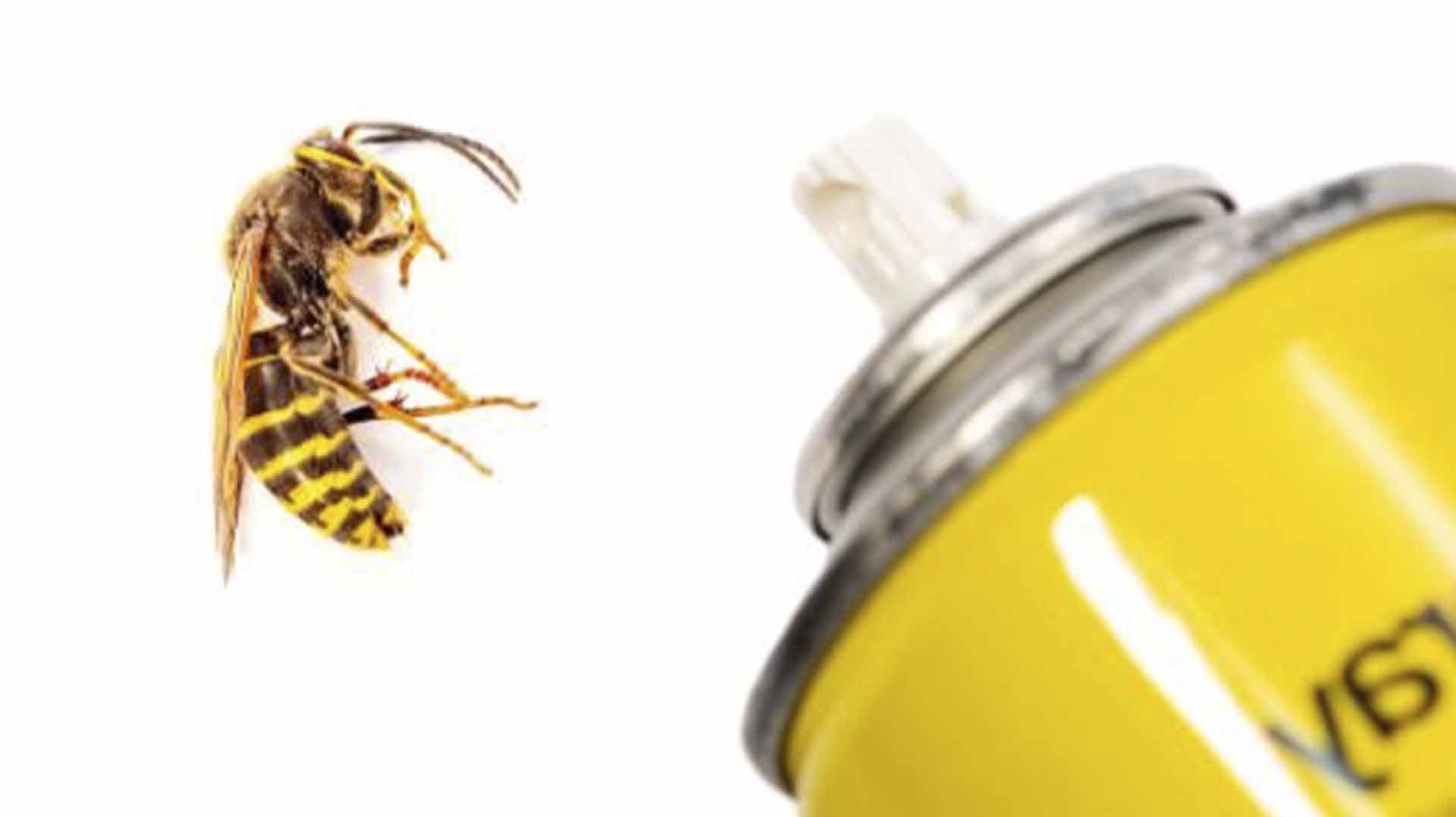
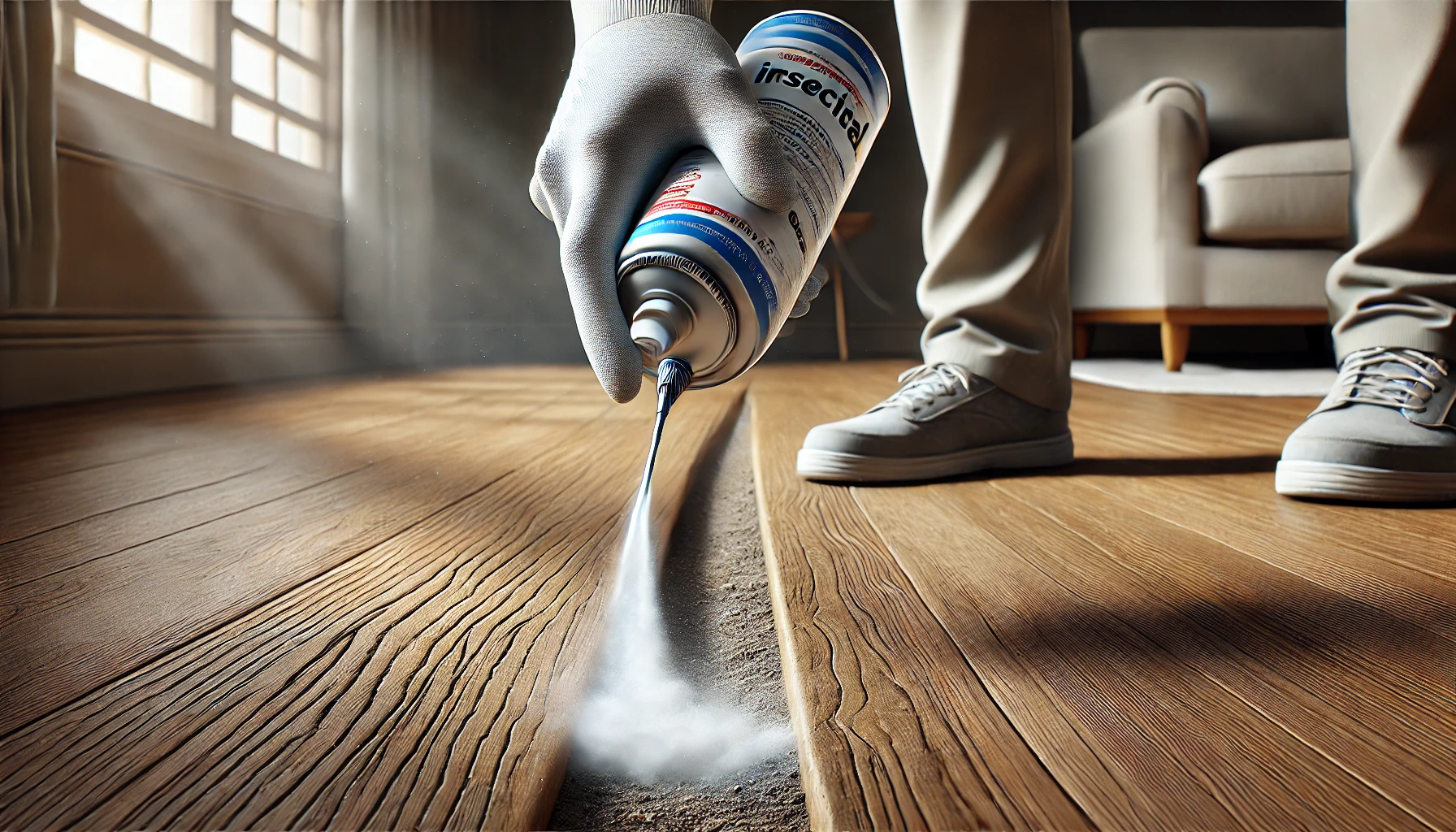
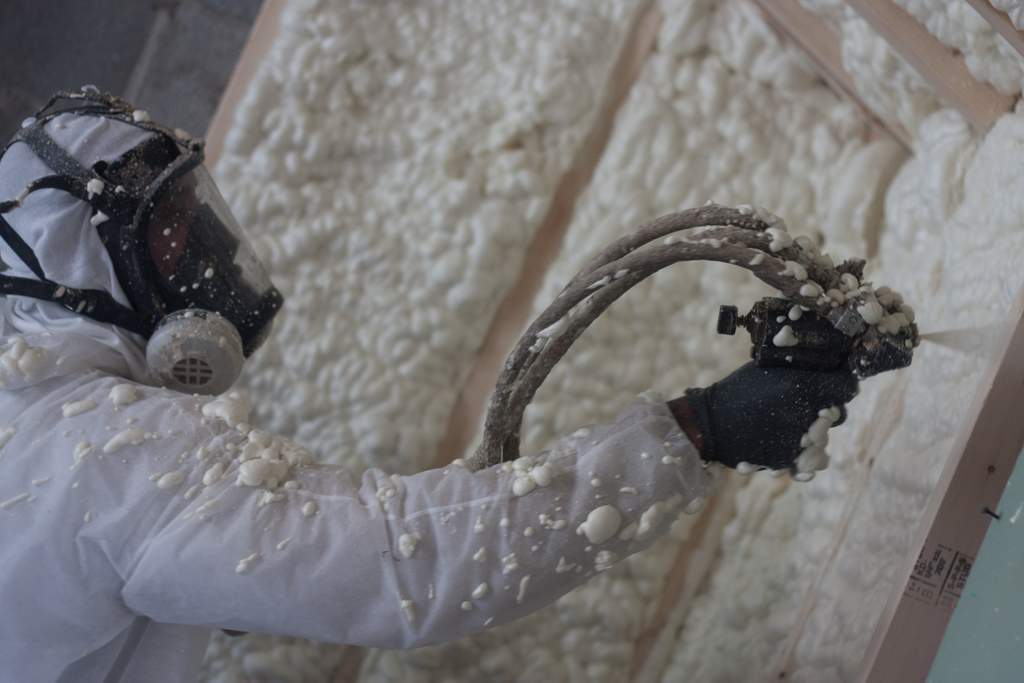 Chemical treatments require precise handling, and professional hornet removal services can provide safer and more thorough results, especially if you’re dealing with larger nests.
Chemical treatments require precise handling, and professional hornet removal services can provide safer and more thorough results, especially if you’re dealing with larger nests.
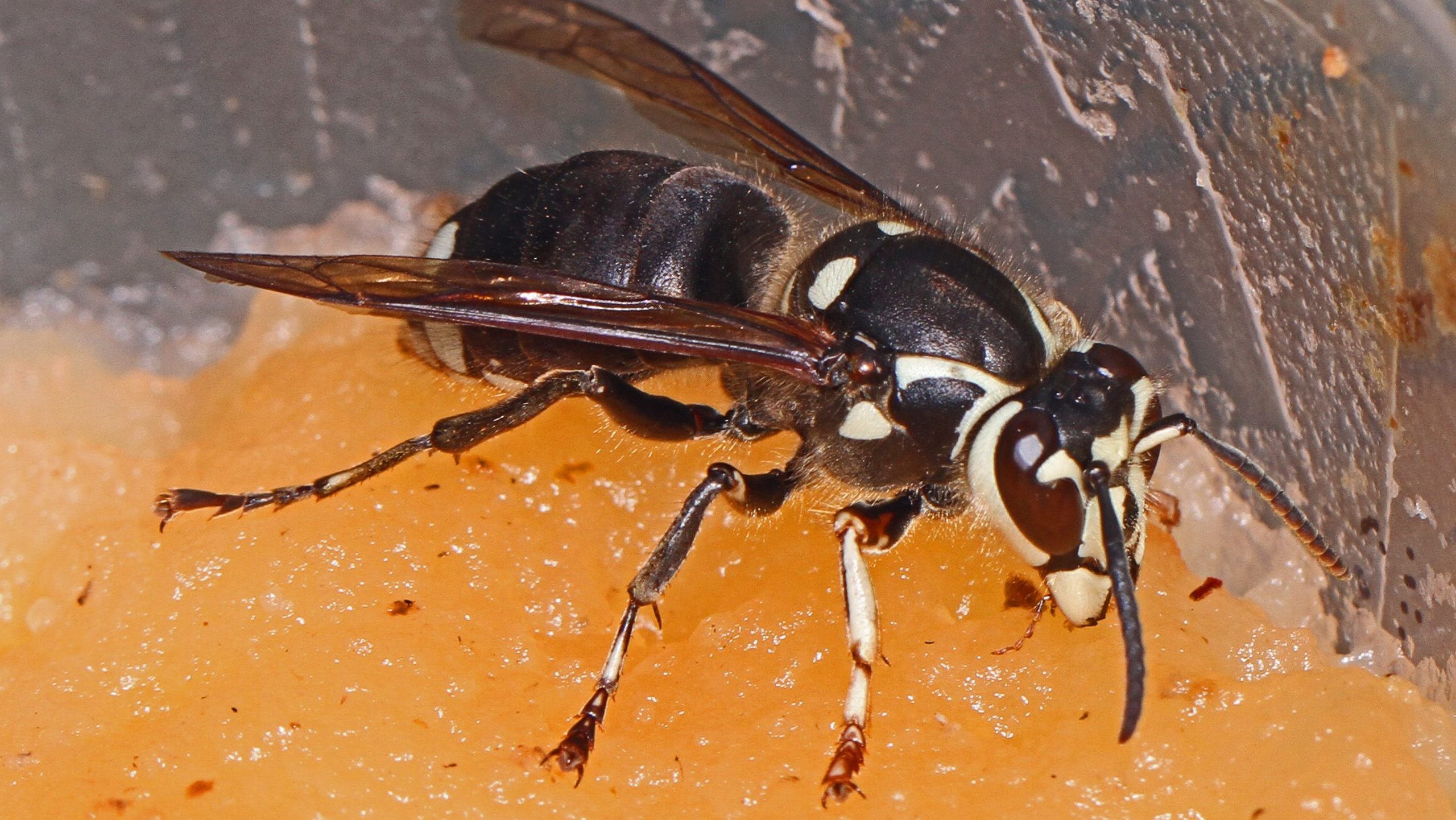 Once the nest is identified, you can decide whether DIY methods are appropriate or if contacting a pest control professional would be the safer choice.
Once the nest is identified, you can decide whether DIY methods are appropriate or if contacting a pest control professional would be the safer choice.
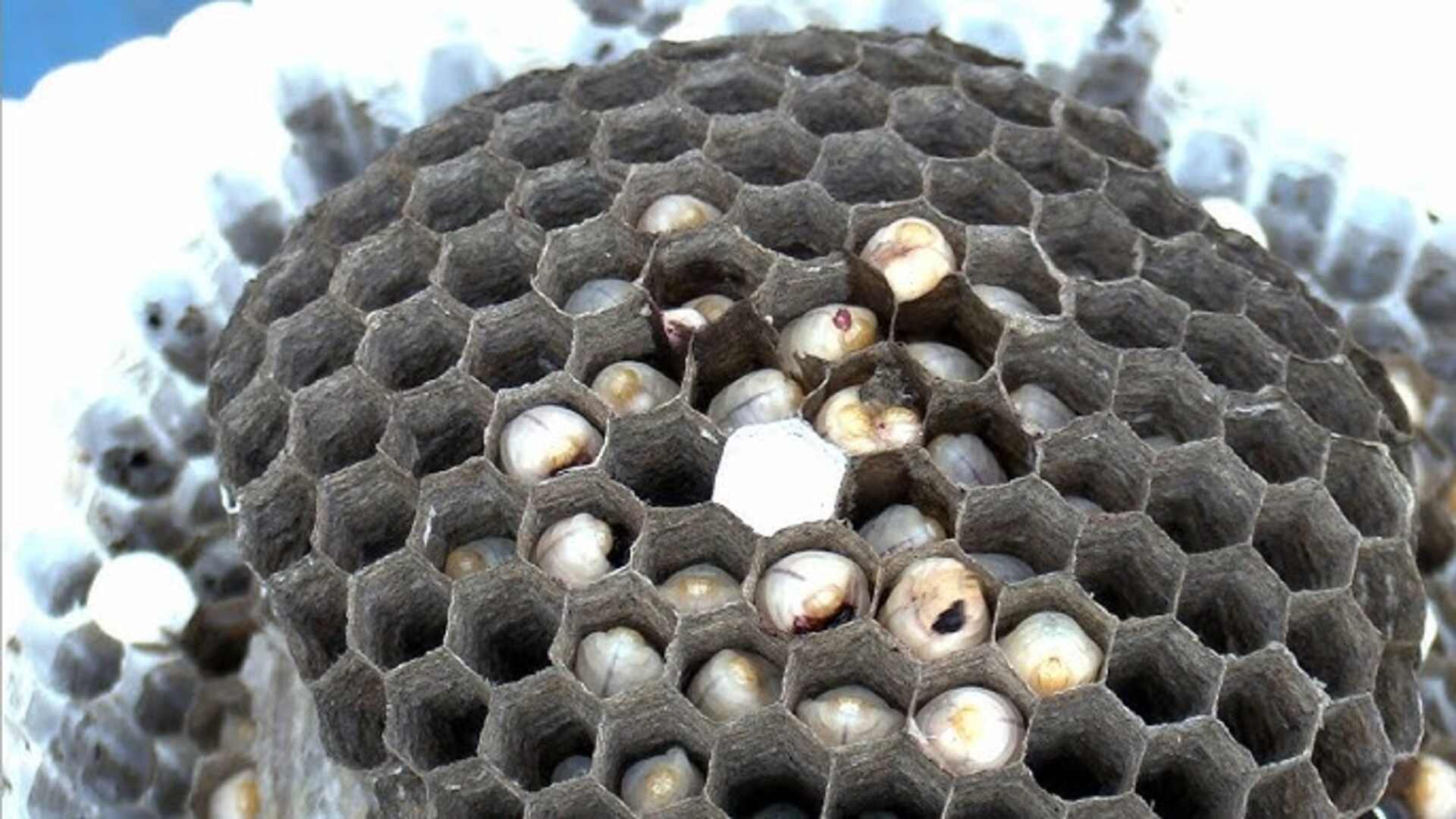 If the nest is difficult to access, located in a high-traffic area, or if you’re dealing with a large colony, calling a professional hornet control service is recommended. Experts can offer safe, efficient hornet nest removal and provide preventive advice.
If the nest is difficult to access, located in a high-traffic area, or if you’re dealing with a large colony, calling a professional hornet control service is recommended. Experts can offer safe, efficient hornet nest removal and provide preventive advice.
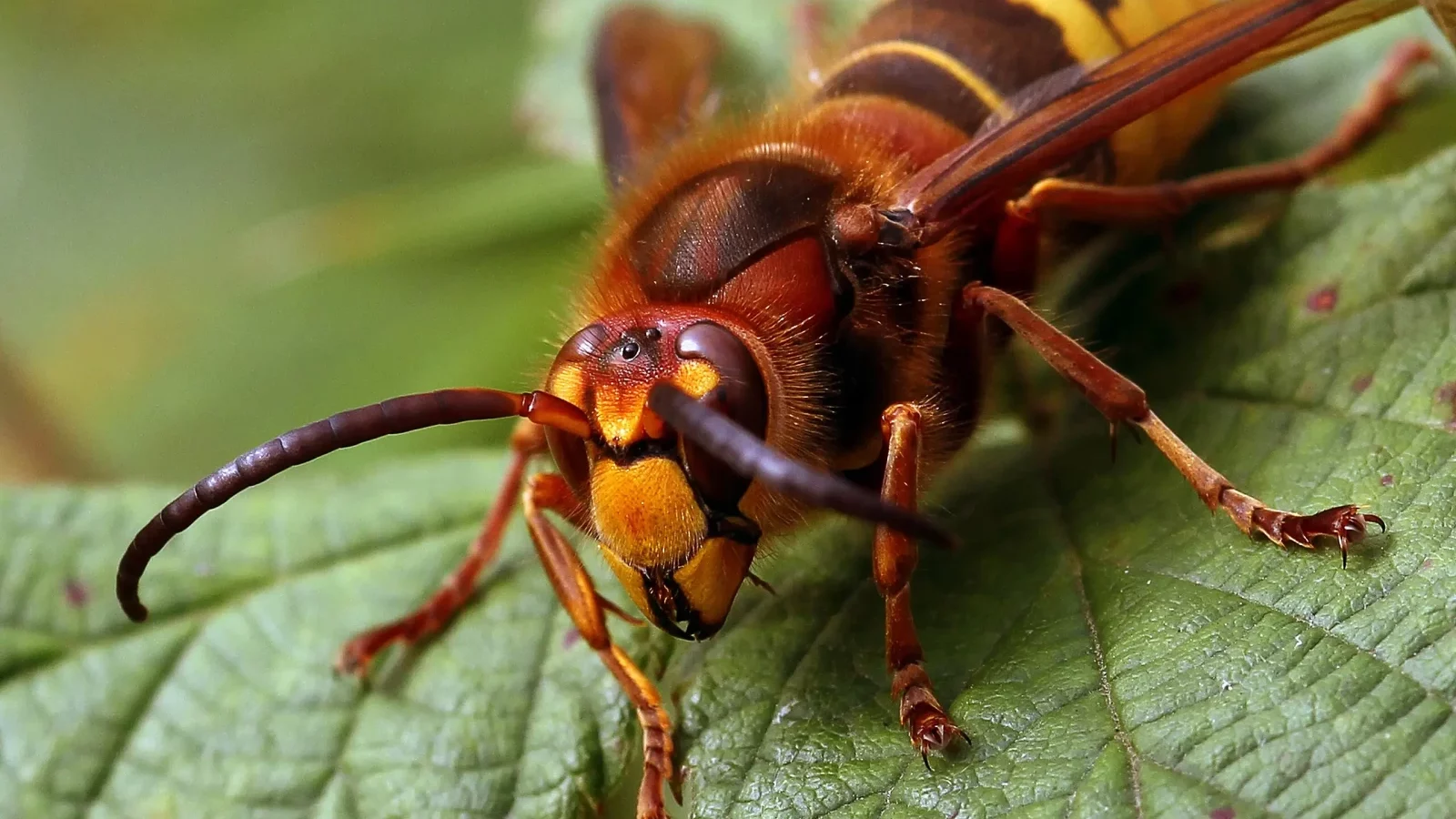 Professional hornets nest removal services ensure safe, reliable results, especially for larger infestations. Don’t wait for the problem to worsen, contact a pest control expert for a free estimate to discuss options for complete removal and prevention.
Professional hornets nest removal services ensure safe, reliable results, especially for larger infestations. Don’t wait for the problem to worsen, contact a pest control expert for a free estimate to discuss options for complete removal and prevention.
 Whether you prefer natural or chemical solutions, these methods can help you get rid of hornets and prevent future infestations. For large or complex issues, remember that a professional pest control service like ours can offer a free estimate to ensure complete, safe hornet removal.
Whether you prefer natural or chemical solutions, these methods can help you get rid of hornets and prevent future infestations. For large or complex issues, remember that a professional pest control service like ours can offer a free estimate to ensure complete, safe hornet removal.
How to Get Rid of Hornets Using DIY Methods?
For smaller hornet problems, DIY methods offer effective solutions for how to kill hornets safely. DIY methods are best used in the evening when hornets are less active.

Not getting a solution?
Get your free pest control estimate today!Peppermint Oil Spray
Peppermint oil acts as a strong hornet repellent, as hornets dislike the scent.
INGREDIENTS
-
 10–15 drops of peppermint oil
10–15 drops of peppermint oil
-
 1 cup of water
1 cup of water
INSTRUCTIONS
Step 1
- Mix peppermint oil with water in a spray bottle.
Step 2
- Spray this solution around eaves, patio areas, and locations where hornets may try to nest.
Step 3
- Reapply weekly or after rain for consistent results.
Vinegar and Sugar Trap
This homemade trap attracts hornets, capturing them to reduce their population in areas of high activity.
INGREDIENTS
-
 1 cup of apple cider vinegar
1 cup of apple cider vinegar
-
 1 cup of water
1 cup of water
-
 1 tablespoon of sugar
1 tablespoon of sugar
-
 A few drops of dish soap
A few drops of dish soap
INSTRUCTIONS
Step 1
- Combine vinegar, water, and sugar in a container, adding dish soap to break the surface tension.
Step 2
- Place the container near areas with noticeable hornet activity, such as outdoor dining spaces or food areas.
Step 3
- Refresh the mixture regularly to keep the trap effective.
Citrus and Clove Spray
Clove and citrus oils act as natural deterrents that make nesting areas unpleasant for hornets.
INGREDIENTS
-
 10 drops of clove oil
10 drops of clove oil
-
 10 drops of citrus oil
10 drops of citrus oil
-
 1 cup of water
1 cup of water
INSTRUCTIONS
Step 1
- Mix the oils with water in a spray bottle.
Step 2
- Spray around potential nesting spots, like eaves, window sills, and outdoor seating areas.
Step 3
- Reapply every few days to maintain effectiveness.
Garlic Water Spray
Garlic contains natural sulfur compounds that repel hornets, making it ideal for garden areas and outdoor dining spaces.
INGREDIENTS
-
 2–3 crushed garlic cloves
2–3 crushed garlic cloves
-
 1 liter of water
1 liter of water
INSTRUCTIONS
Step 1
- Soak crushed garlic in water overnight, then strain into a spray bottle.
Step 2
- Spray the solution around plants, patio areas, and dining spots where hornets are active.
Step 3
- Reapply weekly or after rain for best results.
Methods to get Rid of Hornets using Chemical Solutions
Chemical solutions can provide faster and more effective results for how to kill hornets and how to get rid of a hornets nest in more severe cases. Exercise caution and wear protective gear when using these products, as hornets can be highly defensive.Aerosol Wasp and Hornet Spray
This spray kills hornets on contact, making it useful for eliminating visible nests or active hornets quickly.
INSTRUCTIONS
Step 1
- Stand at a safe distance from the nest and spray directly into the entrance.
Step 2
- Wear protective clothing to avoid stings, as hornets may become defensive.
Step 3
- Leave the treated nest undisturbed for a few days to ensure all hornets have been exposed to the treatment.
Insecticide Dust for Ground Nests
Insecticide dust is ideal for getting rid of ground hornets as it attaches to hornets entering and exiting the nest, killing them gradually.
INSTRUCTIONS
Step 1
- Apply the dust around the nest entrance at dusk when hornets are less active.
Step 2
- Wear gloves, a mask, and protective clothing.
Step 3
- Reapply as needed until hornet activity ceases.
Foaming Hornet Killer
Foaming sprays expand to cover the entire nest, making them effective for hornet nest removal in high or protected spots like eaves or attics.
INSTRUCTIONS
Step 1
- Spray directly into the nest opening in the evening.
Step 2
- The foam will expand, killing hornets within the nest.
Step 3
- Avoid disturbing the nest and use protective clothing.
Understanding Hornets and Their Behaviour
Hornets are social insects similar to yellow jackets, but they’re generally larger and more aggressive. Hornets have distinctive black-and-white or black-and-yellow patterns and are easily identifiable by their larger size. Unlike bees, hornets can sting multiple times, making them a significant threat if their nest is disturbed. Hornets typically build nests in high or sheltered places, such as trees, roof eaves, attics, or sheds. They also build ground nests in soil cavities or abandoned burrows, often referred to as ground hornets. These underground nests can be harder to detect, so watching for frequent hornet activity in one area is key. During late summer and early fall, hornets become especially active in scavenging for food, often appearing near outdoor gatherings, trash bins, and pet food sources. Understanding their behaviour is crucial for effective hornet removal and for knowing how to get rid of a hornet nest safely.
Why Are Hornets Attracted to Your Property?
Hornets seek out areas that provide easy access to food, water, and safe nesting sites. Primary attractants include outdoor food, open garbage bins, sugary substances, and compost piles, all of which offer ideal food sources. Protected areas such as trees, eaves, and ground cavities offer hornets the shelter they need to build large colonies. Understanding these attractants allows you to take steps to make your property less appealing to hornets, a vital part of effective hornet control.Identifying Hornet Nests
To safely handle hornet nest removal, it’s essential to identify the location and type of nest. Hornets commonly build two types of nests:Types of Hornet Nests
-
Elevated Nests: Many hornets build large, papery nests in elevated locations such as tree branches, eaves, or attics. These rounded, paper-like structures are visible and relatively easy to locate based on hornet activity around high places on your property.
-
Ground Nests: Ground hornets build nests underground, often in abandoned animal burrows or cavities in the soil. These nests are harder to spot, making how to get rid of ground hornets a more cautious and delicate task. Hornets in these nests are especially defensive if disturbed, so watching for hornet traffic in a specific ground area is crucial for locating these nests.

Preventive Measures to Keep Hornets Away
Keeping hornets from nesting on your property requires proactive steps, which can reduce future infestations. Consider contacting a professional pest control service to assess your property and provide additional preventive options.Tips for Preventing Hornets
-
Cover Food and Garbage: Hornets are attracted to protein and sugar, so keeping food and garbage covered is essential. Use tightly sealed garbage cans, and avoid leaving food out during outdoor events.
-
Reduce Standing Water: Hornets need water, so reducing available water sources like bird baths, pet bowls, and puddles makes your property less attractive to hornets.
-
Seal Entry Points: Hornets can enter through small cracks around windows, doors, and eaves. Sealing these points can prevent hornets from nesting in wall voids, attics, or other concealed spaces.
-
Install Decoy Nests: Hornets are territorial and may avoid areas where they believe another nest exists. Hanging decoy nests in areas around your home may deter hornets from building new nests.
-
Regular Yard Maintenance: Regularly clearing leaves, branches, and other yard debris can limit potential nesting sites, especially for ground hornets.
How to Get Rid of Hornet Nest Safely
Removing a hornet nest requires careful planning and the right precautions to avoid stings. If you’re attempting hornet nest removal on your own, follow these steps for safe and effective removal.Safety Tips for Treating Hornets
-
Treat at Night: Hornets are less active at night, making evening treatments safer. Use a flashlight with a red filter, as hornets are less likely to be attracted to red light.
-
Wear Protective Clothing: Long sleeves, gloves, eye protection, and a hat are essential for reducing the risk of stings.
-
Use a Long-Range Spray: Many aerosol hornet sprays have long-range nozzles, allowing you to treat the nest from a safe distance. Aim directly at the nest entrance and spray thoroughly.
-
Leave Treated Nests Undisturbed: Avoid disturbing the nest for a few days after treatment to ensure all hornets have been exposed to the insecticide. Once activity has ceased, you can safely remove the nest if desired.

Do’s & Don’ts for Safe Hornet Control
DO'S
-
Always wear gloves, long sleeves, and eye protection when handling hornet nests.
-
Hornets are less active at night, so evening treatments reduce sting risks.
-
Starting with natural repellents can help keep hornets away without chemicals.
DON'TS
-
Hornets are more active during the day, increasing sting risks if disturbed.
-
Water does not effectively remove hornets and may make them more aggressive.
-
Handle nests near high-traffic areas promptly to reduce safety risks.
When to Call a Hornet Exterminator
If you’re facing a significant infestation or if the nest is located in a high-risk or challenging location, calling a professional hornet exterminator is often the safest option. Professionals use specialised tools and treatments to ensure thorough removal and offer preventative recommendations to prevent hornets from returning.When to Consider a Professional Hornet Removal Service
-
The nest is large, or the hornets are particularly aggressive.
-
The nest is located in a hard-to-reach area, such as within walls or attics.
-
You have recurring hornet issues and want a long-term control solution.





